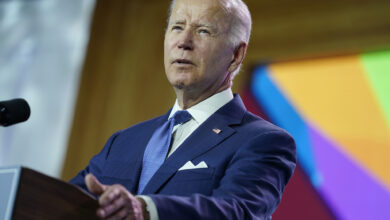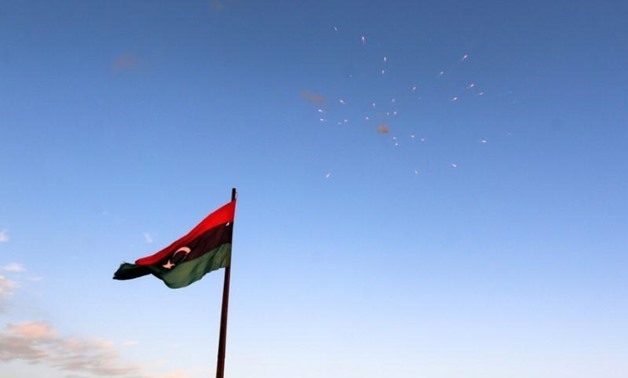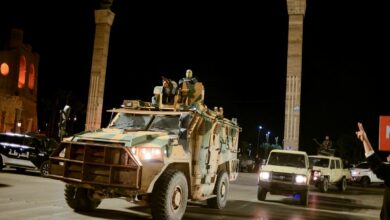
The Constituent Assembly began voting on the draft constitution on Thursday afternoon, with 85 members present, and continues to vote late into Thursday night.
The assembly is voting on each of the 234 articles one by one, and 67 members must approve of an article in order for it to pass. It is expected that the assembly would agree to all articles.
President Mohamed Morsy is immediately calling for a referendum on the new constitution once the voting is completed.
The president had issued a Constitutional Declaration on Thursday, extending the assembly for another two months, immunizing it against judicial disbandment and immunizing his own decisions against judicial challenge.
The declaration triggered mass opposition demonstrations by civil forces, which prompted the government to speed up the drafting of the constitution to put it forward to a referendum.
Most articles have been approved unanimously. Yet when certain members tried to further discuss certain points, assembly head Hossam al-Gheriany urged them to stick to voting procedure, as the articles were agreed upon in previous sessions.
At the beginning of the day, the assembly unanimously approved Article 2, which was the subject of much debate over past months and states that the principles of Sharia are the primary source of legislation. Article 3, which stipulates that Christians and Jews may resort to their own religions on issues of personal status, was also approved, but with four objections.
Four members also objected to Article 4, which lays out the role of Al-Azhar, stipulating that it is an independent Islamic body that is committed to teaching about Islam in Egypt and the rest of the world. The head of the institution is independent and cannot be dismissed, and the state will ensure that it has sufficient funding.
Article 36, which stipulates that detainees cannot be tortured or humiliated and must be held in a location that is morally and ethically appropriate was approved by all members. The word "torture" was a new addition to the article.
A new article, number 31, stipulating that dignity is a right for all that is protected by the state, which prohibits insults and disdain, was unanimously accepted.
Workers representative Abdel Fattah Khattab requested to keep the mandatory 50 percent representation of workers and farmers in Parliament, but the request was postponed after being rejected by the rest of the assembly.
There was consensus on a series of articles on state and citizenship duties, including that conscription shall be regulated by law, social and ethical principles.
Several articles regulating freedoms of expession, media and religion were unanimously approved by the assembly. Article 43 guarantees the freedom of expression, while Article 44 forbids insults against any prophets. Article 48 guarantees the freedom of the media, stating that the media outlets and newspapers could not be controlled, monitored, disrupted or shut down except by judicial order.
Article 50 preserves the right to public assembly and unarmed protests, with "notification" as required by law.
The constitution drafting process has been marred by controversy and many non-Islamist members have pulled out in protest. Civil and church representatives in the assembly had withdrawn from it, disagreeing with the dominant Islamist trend on the articles relating to the Islamic Sharia.




